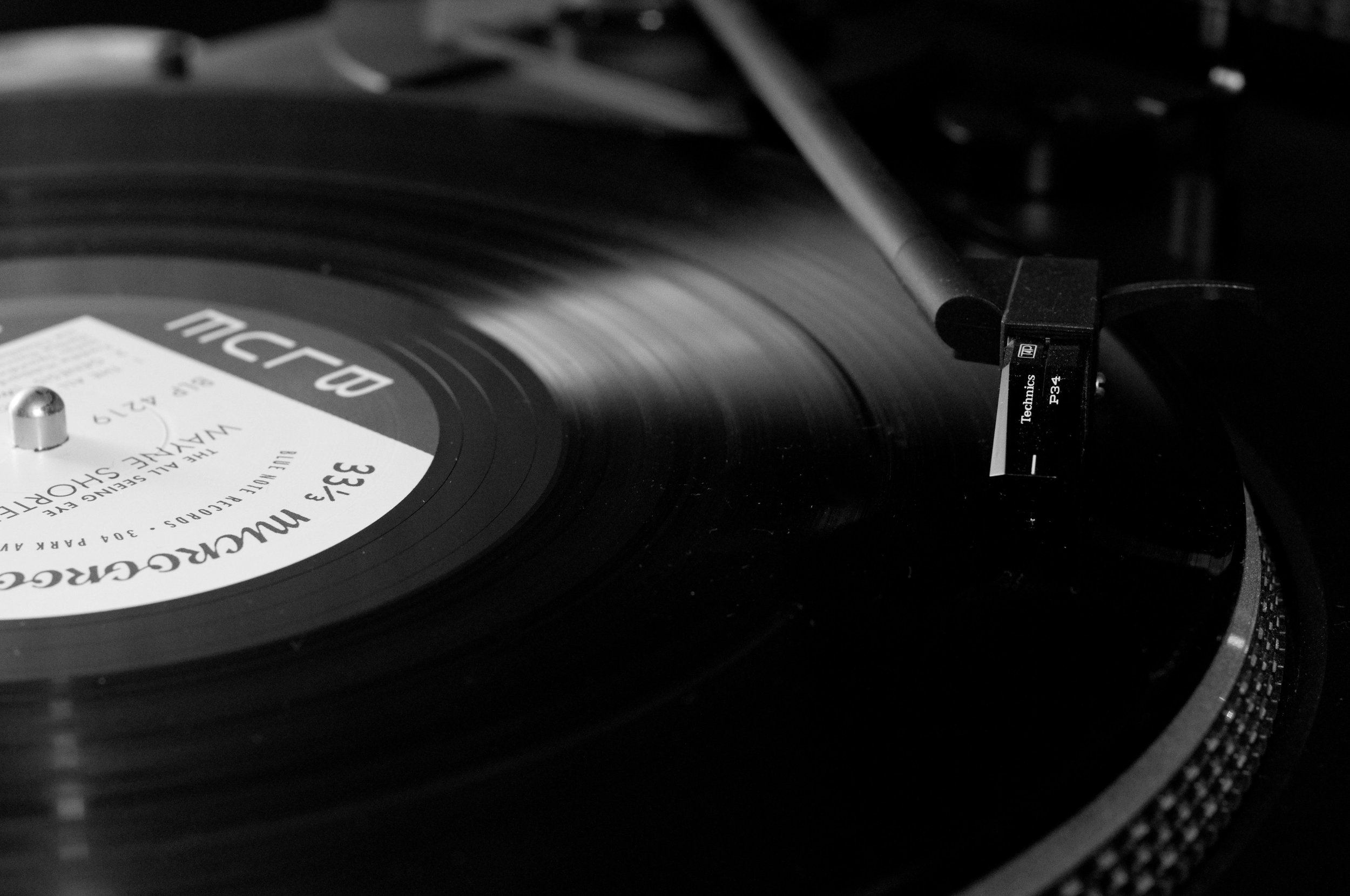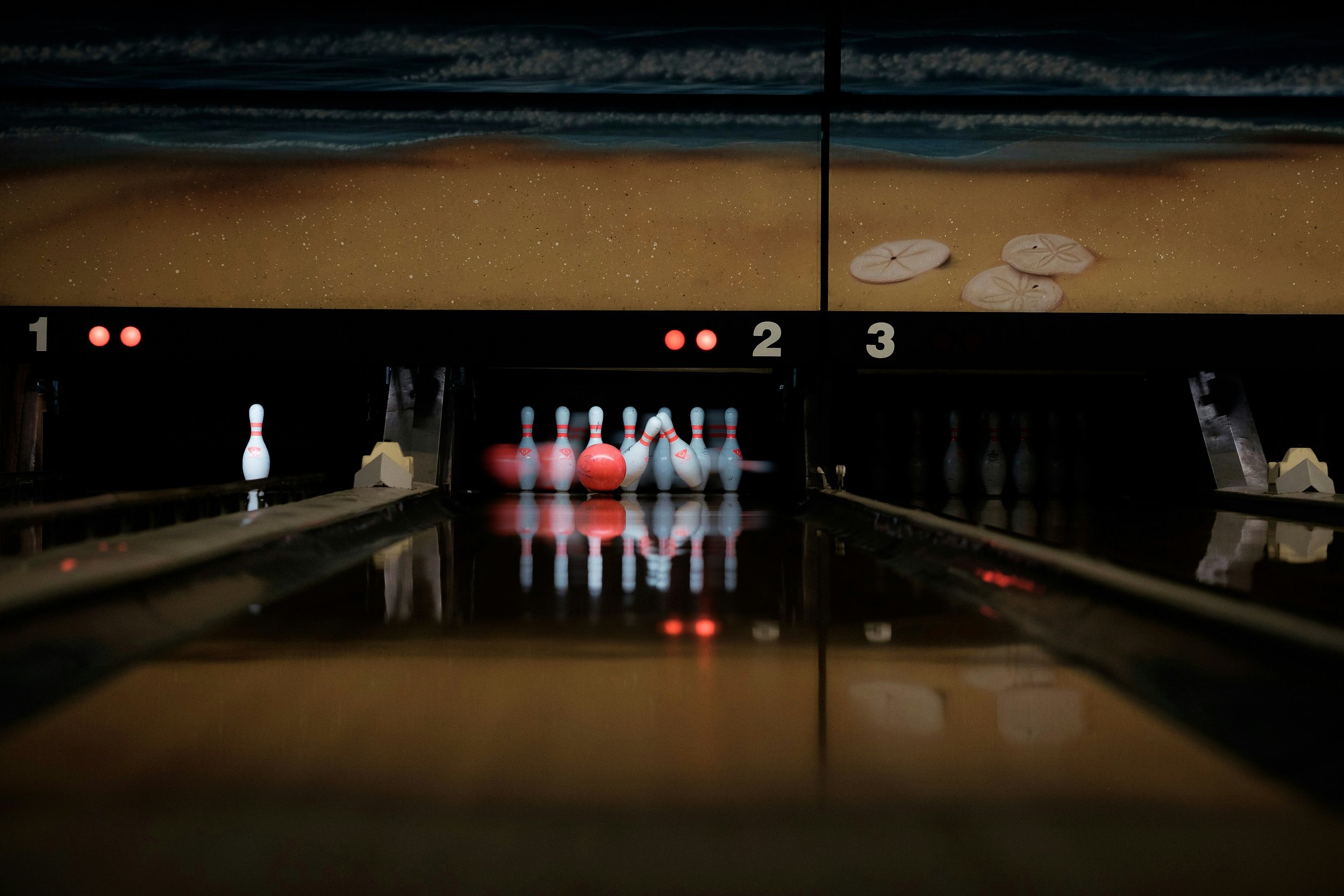Photo by aladdin hammami on Unsplash
The pounding in Amana’s temples won’t let up, and it’s beginning to scare her. She has had headaches before, but this is something different—it feels like some kind of creature has invaded her body and is occupying every square inch of it, from the tips of her fingers, which won’t stop tingling, to the pit of her stomach, which feels like it is being stretched and twisted and kneaded like bread dough.
It is only Amana’s third day in the camp. She has so far been lucky enough to sleep in a tent by herself, even though the camp is overcrowded and she has seen whole families sleeping on the bare ground wrapped in nothing but a blanket. The Farsi interpreter at the registry, an older woman, explained to her that she needed to be in a single tent for now, until they could find a family for her to lodge with. This was because she was ghabeleh-hamleh—open to attack. At first Amana was insulted to be referred to this way. To call her ghabeleh-hamleh is to imply that she is weak, and she certainly doesn’t think that is true of her. The look on her face must have indicated her surprise, because the interpreter went on to say, “It’s because you’re a young, single woman traveling alone.” Then she lowered her voice and added, “It’s better for you if they label you this way. You will have more comfortable accommodations and they might process your paperwork faster.”
If she takes a walk, she thinks, the pounding in her temples might subside. Since she arrived she has been longing to go out to the far edge of the camp, the part that hangs over the water. She makes her way there now, avoiding eye contact with the other refugees who cross her path. She is not ready to communicate with anyone yet.
When she gets to the edge of the camp, she finds a boulder to sit on. The wind is strong, but the cold air feels good against her face. She squints across the water at the shoreline in the distance. This, she knows, is Turkey, where she boarded a raft just a few days ago and made the terrifying journey across the sea. In the past few days, whenever she has thought back on this journey, she has been unable to stop reliving one moment of it: the moment when a dark object fell out of the raft and sank beneath the surface of the water. She tried to convince herself that it was a backpack or some other kind of container that fell, and her she convinces herself of this again now.
In her peripheral vision Amana can see another figure sitting on a boulder to her left. The words ghabeleh-hamleh leap into her mind. There is no one else here but the two of them, and she is, indeed, open to attack. But when she musters her courage and turns to look at the figure, she realizes it is a child. She recognizes him: he is a boy she has spotted repeatedly since she has been at the camp. He is always alone, and Amana knows means he is here without his family. He can’t be more than nine or ten years old.
His face is turned away from her, but she recreates his beautiful, unmistakably Afghan features in her mind’s eye: the mop of dark hair, the slanted eyes rimmed with long lashes, the high cheekbones. The child is staring at the sea, and Amana suddenly pictures him standing on the shores of Turkey by himself, being squeezed into a vessel that is carrying three times the number of people it is designed to carry, not having anyone to hold onto as the dinghy pitches and tosses in the choppy water.
Her impulse is to go over and talk to the child, but she doesn’t want to frighten him. She will leave him alone with his thoughts, although she knows they are not pleasant ones. As she passes by him, she whispers “salaam alaikum.” The boy does not answer, but he turns to her and there is a moment of recognition—perhaps a faint smile.
When she gets back to the camp she realizes she has missed lunch. It is a mistake to skip a meal in the camp, because there will be no food available until the next meal. She knows that hunger will only increase the pounding in her temples and the prickling in her fingers and toes—but it is a relief not to have to stand in the food line. She doesn’t like to be where there are large groups of Syrians. They speak loudly in Arabic, a language Amana doesn’t understand, and they push and elbow their way to the front of the line. The Syrians greatly outnumber the other refugees at the camp, and they feel somehow entitled. The African refugees scare her, with their dark, lean bodies, their shifty eyes, and their furtive movements. The Afghans mostly ignore her, probably because she ignores them.
Even more unpleasant than the refugees are the aid workers who serve the meals—the men with their scruffy beards, the women with their dull, loose-fitting clothing and their colorless hair tied back in messy ponytails. It bothers Amana when they smile at her, showing their teeth, and it bothers her even more when they address her, using the few words they have learned in Farsi and mispronounce badly. What bothers her most of all is the way they pat the heads of the refugee children as though they think their touch is somehow magical or divine. The aid workers are good people, Amana supposes, but they remind her of snakes. She finds their bold gestures menacing and their language sounds like hissing to her. She imagines them going back to their huge homes at night, drinking alcohol and laughing raucously, perhaps even ridiculing the dark-skinned mohajer at the camp. Mohajer, which means “traveler,” is a word all the aid workers know. Whenever she hears them refer to the refugees this way, Amana wants to shout, “Do you think we are stupid?”
Sometimes Amana wishes she could tell the aid workers about her town, Charikar so they will understand that she would never have left it willingly. It is not a dusty, primitive village like they probably imagine it to be, but a colorful city with 200,000 people, where there is a bazaar and a mosque and a school. The aid workers probably think that Amana is illiterate, and she wishes she could tell them that she went to school until the fifth grade, and would have continued if her mother had not died, forcing her to stay home to cook for her father.
Amana’s father worked for the Americans for many years— got up at dawn every morning and took a bus to Bagram Airfield, returning late at night. Amana never knew exactly what her father did, but her friend Sakineh, whose father worked with Amana’s, once told her that they were sent out to the desert to look for landmines. Amana did not want to consider this possibility. Her father was all she had.
One evening Amana’s father failed to come home, and the next evening he didn’t come home either. When he failed to come home on the fifth evening, her uncle came to her and told her in a grave voice that her father had gone into hiding somewhere in the mountains. Sakineh, whose father disappeared the same day, was convinced that they were dead. “Don’t be an idiot, Amana,” she said. “The Taliban probably found out they were working for the Americans and slit their throats. That’s what they do.”
A few weeks later, Amana’s uncle announced that he would be leaving Afghanistan and taking her with him. “You must trust me,” he told her. “I am your uncle and I won’t let any harm come to you.” He explained that they would go over land, traverse the mountains beyond Charikar, cut through the northern part of Iran, and make their way from there into Turkey. Parts of their journey would be made on a bus, parts in a jeep or a car, and parts on foot. Her uncle hadn’t told her about the final part of the journey—the voyage across the water in a raft. But he was true to his word: he had not left her side until they reached Lesvos, where he, being older and male, was placed in a different camp. She has overheard other refugees saying that the conditions at Moria, where her uncle is living, are even worse than here in Kara Tepe.
Since she won’t be able to find any food until dinnertime, Amana decides to go to the latrine and splash some cold water on her face, thinking maybe this will help to ease the pulsing in her temples. She crosses through the center of the camp and makes her way toward the latrines. She has learned to shut down her olfactory apparatus since she has been in the camp, otherwise she would not be able to tolerate the fetid smell that hangs permanently in the air. She has certainly experienced many foul odors in her life: sheep’s dung, tripe while it is cooking, eggs that have been left unrefrigerated for too long. But the smell at the camp is decidedly human, which makes it more repulsive. She has seen men in bright yellow vests sweeping certain areas of the camp, and has noticed how lazily they do it, how little they care about their task. They collect only the largest pieces of garbage and push the smaller pieces further and further into the corners, making them impossible to retrieve. The latrines are hosed down every day, but Amana has traced the path of the swill that runs out from beneath them and has noticed that it has nowhere to go; it gathers in puddles until the dirt eventually absorbs it.
Just outside the entrance to the women’s latrine, Amana feels suddenly light-headed. She tries to steady herself, but her legs give way beneath her and she falls to the ground. She cannot tell how long she has been unconscious, but when she opens her eyes an aid worker is bending over her, her face so close that Amana can see her pores. She can feel the ground beneath her head and realizes that her headscarf has fallen off, leaving her hair completely exposed. She turns her face away from the aid worker’s and trails her arms through the dirt around her in search of the headscarf. Before she is able to find it, she feels hands beneath each of her armpits, hoisting her to her feet. She glances down and sees her headscarf lying in the dirt. The aid worker stoops to retrieve the scarf and places it in Amana’s hands. “Be-farma-ied,” the woman says, and Amana almost laughs. This is the expression that is used when you are inviting guests to come to the table for a sumptuous meal.
The clinic is just a few steps from the latrine, and the women begin steering Amana toward it. The doctor comes out of the clinic door and walks in her direction. He is older, perhaps the age of her father, and his round belly is visible beneath his white lab coat. He leads her to a plywood bench in a dirt-floored waiting area outside the clinic.
The sky is beginning to darken when the nurse finally calls Amana inside. She feels her legs beginning to buckle again when she stands, but the doctor approaches her and eases her into a chair. No part of her body has ever been touched by a male who was not a family member, but somehow she is not afraid to let this man examine her. She does not resist when he puts his fingers against her face and pulls back her eyelids, when he lifts her headscarf and moves his fingers up and down her neck, even when he pushes back the neckline of her shirt and places a cold metal gadget against her chest touching the curve of her breast. She complies when he asks her to pull up her left sleeve and helps him to ease the cuff around the bare flesh of her upper arm and tighten it.
A look of alarm crosses the doctor’s face when he studies the number on the dial. He turns to look at Amana and addresses her directly even though he knows she does not understand the words he is speaking. The interpreter translates: “Your blood pressure is very high. It is dangerous.”
The doctor disappears into the back room of the clinic, and when he returns he is holding two small white pills in his hand. The nurse fills a plastic cup with water and tells Amana to take the pills. “These are tranquilizers,” she says. They will help you to relax, which is what you need most right now. Tonight you must sleep, and tomorrow you must come into the clinic to check your blood pressure again.” By the time she gets back to her tent, Amana is too drowsy to wait in the line for the evening meal. She collapses onto her pallet, pulls the blanket around her, and falls into a deep sleep.
When she is awakened by the sound of explosions in the sky, her first thought is that the camp is under attack. She waits for the next explosion to come, and when it does she is relieved—almost amused—by her mistake. Sharp flashes of lightning are now visible through the canvas, and the wind is whipping the tent so fiercely that she fears it will be lifted up and carried off with her inside it. The rain has begun to seep through the seams of the tent, soaking the ground beneath her pallet, but she is powerless to stop it. There is nothing to do but to wait until the storm passes. She cocoons herself inside her blanket and tunes out the sounds. Before long, she drifts off to sleep again.
The next time she awakens, it is to the sound of rustling inside her tent. Some kind of creature—maybe a rat—has found its way inside. Whatever the creature is, it must be seeking shelter from the storm that is still raging outside, and she decides it will not harm her. But when the creature begins to paw at her blanket, Amana stiffens. Just as she is lifting her arms to bat it away, she feels the sensation of warm breath against her cheek, followed by the sound of panting. Human breath and human panting.
Ghabeleh-hamleh. The words echo in her mind. But then a flash of lightning illuminates the face of her invader, revealing his slanted eyes and his mop of hair.
She raises the edge of the blanket to make room for the boy, then hugs his body to hers and strokes his tear-drenched face with her fingers.
Suzi Ehtesham-Zadeh is a cultural mongrel with strands of American, Iranian, and Spanish co-mingled (usually congenially) inside her. A career English teacher who has taught all over the place, she currently makes her home on a mini-farm in Woodstock, Georgia. Her work has appeared in Fiction International, Quiddity International Literary Journal, Mobius Journal for Social Change, Narrative Northeast, and elsewhere.










